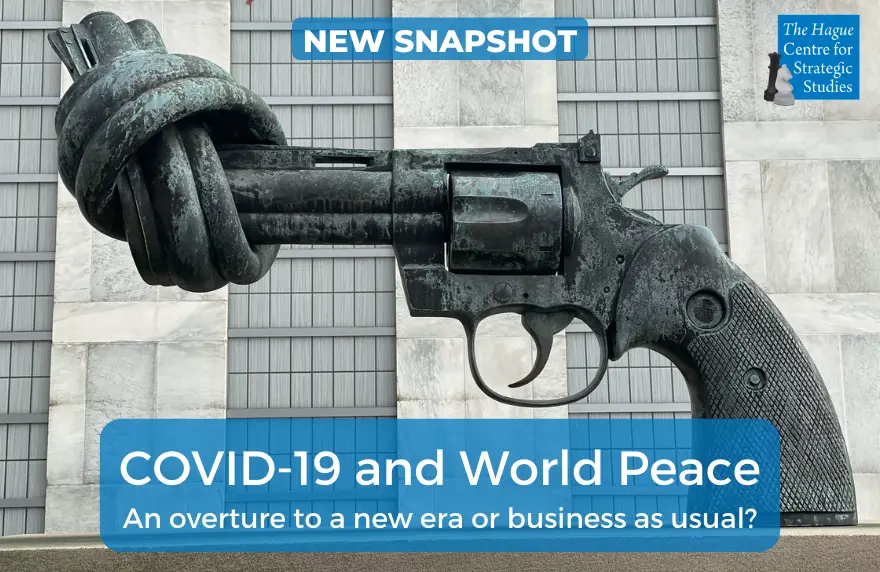New snapshot by assistant analyst Dylan Browne-Wilkinson out now!
While most EU member states have achieved a reduction in carbon emissions, the Netherlands has seen an increase from 1990 levels. Despite pledging to reduce its carbon footprint, the country continues to have a heavy reliance on coal to support the high energy needs of its growing population. In order to reduce the environmental impact of coal usage, novel approaches to coal byproducts may offer cleaner solutions for generating power. One promising route is through the use of coal fire ash (CFA), which is produced during the coal firing process. CFA is normally treated as a waste product and disposed of, but it has also been found to be a source of rare-earth elements, which are valuable components of numerous clean energy technologies. Extracting these elements extends coal’s life cycle and is less damaging to the environment than mineral ore mining. It also reduces reliance on importing rare-earth elements from China, the world’s largest producer of them.
One of these rare-earth elements, Vanadium, can be used to make a type of redox flow batteries called Vanadium Flow Batteries (VFBs). VFBs are a long-lasting and sustainable energy source, as the Vanadium electrolyte does not degrade and can be reused. Compared to Lithium Batteries (LiBs), which are currently the most commonly used type of battery, VFBs have a longer lifespan, can undergo more cycles, have a greater depth of discharge, and are more powerful, only lagging behind LiBs in regard to density and energy efficiency. Given these qualities, VFBs are uniquely applicable as utility-scale batteries, particularly in contexts such as smart cities.
In contrast to the way cities run now, smart cities will more efficiently distribute electricity using systems that are better able to balance energy supply and demand. Software-enabled VFBs can be incorporated into the networks of smart cities to manage electricity by recirculating it through methods such as bidirectional charging. This reduces the peak load of electricity demand and allows for the introduction of various-renewable energy into the grid. Thus, the utilization of VFBs can reduce carbon emissions by allowing for more effective energy usage as well as by making use of a former waste product to help offset the negative environmental impact of coal-fired power. Therefore, harvesting CFA for rare-earth elements like Vanadium and implementing them into systems like VFBs is an important step toward a more energy-efficient future.





